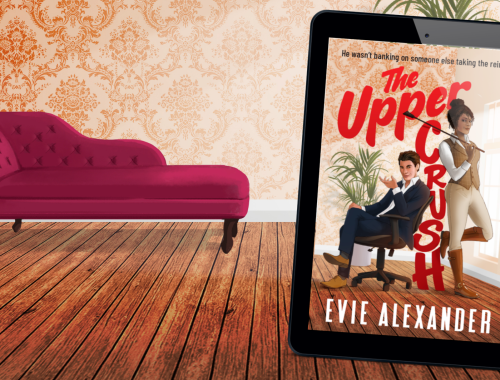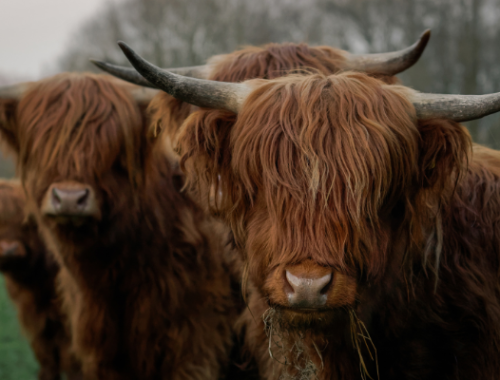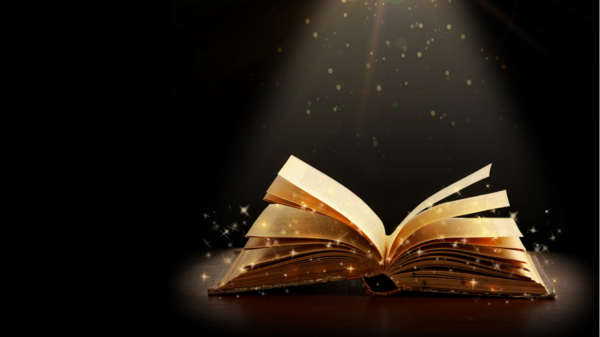
On finding stories
‘I see dead people stories!’ A snippet of a conversation heard in a shop, the body language between two people in a park, the face of a woman staring out of a window. I’m seeing stories everywhere. I love meeting new people because I want to find out what their stories are, what brought them to this exact moment. I’m the person you don’t want to sit next to on a plane as I want you to lay your life and your soul out for my delectation. The more different your experiences are to mine, the more I want to gobble them up.
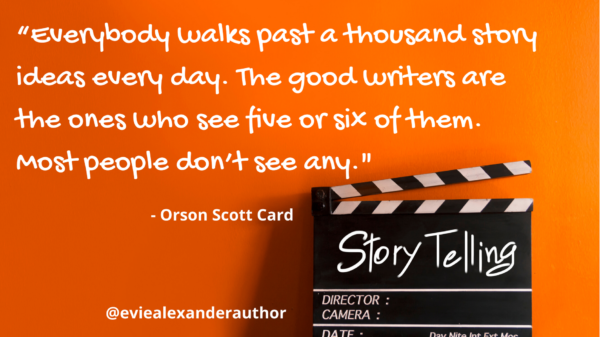
Stories are hardwired into our collective history. They were told around fires going back thousands of years, helping us make sense of the world around us and our place in it. They told people where they stood in their society, how to live and what would happen if they broke the rules. Story archetypes such as ‘rags to riches’, ‘overcoming the monster’, or ‘quest’, also known as ‘the hero’s journey’ go back millenia, and are still as relevant now as they were in the time of ancient Greeks.
‘Morphology of the Folktale’ by V Propp, which came out in 1928, was one of the first books to analyse folktales and how stories are constructed. His work was seminal in our understanding of how stories work, and informs other masterpieces on the subject, such as Robert McKee’s ‘Story’. I have both these books and refer to them constantly to remind myself what I need to be thinking about when I am writing.
You can make a story out of nothing, but once you start looking around you’ll see stories and characters everywhere. The problem I have is that my experiences and those of people I know are so wonderful and tragic, so complex and extraordinary, I could write about them forever. But I can’t, because they will know that I’ve done so.

I know someone who smuggled a mobile phone to her boyfriend in a south american prison via her vagina, I know an outwardly normal married couple who have never had sex (their children were conceived using a turkey baster), and I know someone who pricked holes through the condom packets of their despised mother and step father so they would get unexpectedly pregnant. Now, if I was to start writing the details down, people might put two and two together, so I can’t use these stories, or the hundreds of others I want to.
Luckily my brain sometimes feels like there’s an ideas orgy going on inside. At the moment, I’m trying to keep track of my current novel, but ideas for future ones keep interrupting my train of thought, butting in and making their presence known. It’s like I’m at a party trying to get to know a new friend, and then a drunk crashes in, singing loudly and trying to get me to dance. I ignore them, but they’re in my face, pushing into my personal space. They finally catch my eye and my heart skips a beat. This idea is interesting. Very interesting. And also seriously hot. Hmmmmm… Before you know it, I’ve ditched my friend and the new idea has me upstairs, rolling about in the spare room on top of everyone’s coats making new book babies.
Before you know it, I’ve ditched my friend and the new idea has me upstairs, rolling about in the spare room on top of everyone’s coats making new book babies. Share on XIf you’re struggling for story ideas then read a book, chat to a stranger, or watch a film. Take the stranger you’ve met and put them in one of the lead roles from the film, then put them in a situation from the book you’ve read. Suddenly you’ve got a fish out of water character in a crazy situation which is full of all kinds of possibilities.
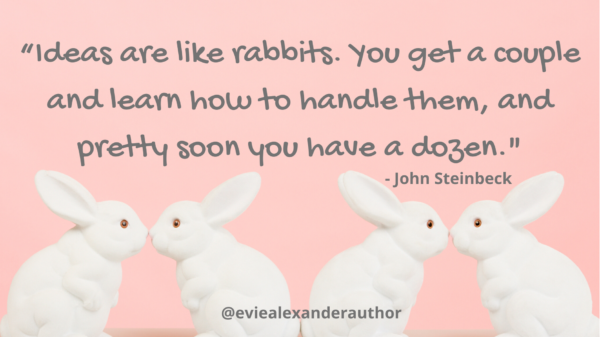
Another way to look at stories is through characters. You can have a great idea for a story but the characters have to drive it and make it real for it to work. The more you know your characters, the more they will do the hard work for you, taking the story off in directions you may never have considered, or reacting to a situation in an interesting way.
The more you know your characters, the more they will do the hard work for you, taking the story off in directions you may never have considered... Share on XA useful way to examine how your characters might create story is to read The Emotional Wound Thesaurus . This has over 120 emotional wounds, such as losing a parent at a young age, or learning that one’s parent had a second family, and how these might affect a character and their decisions.
How easy is it for you to find ideas for stories? Do you use your family and friends for ideas? What’s the craziest real life story you’ve ever heard? Get in touch via social media and let me know!




